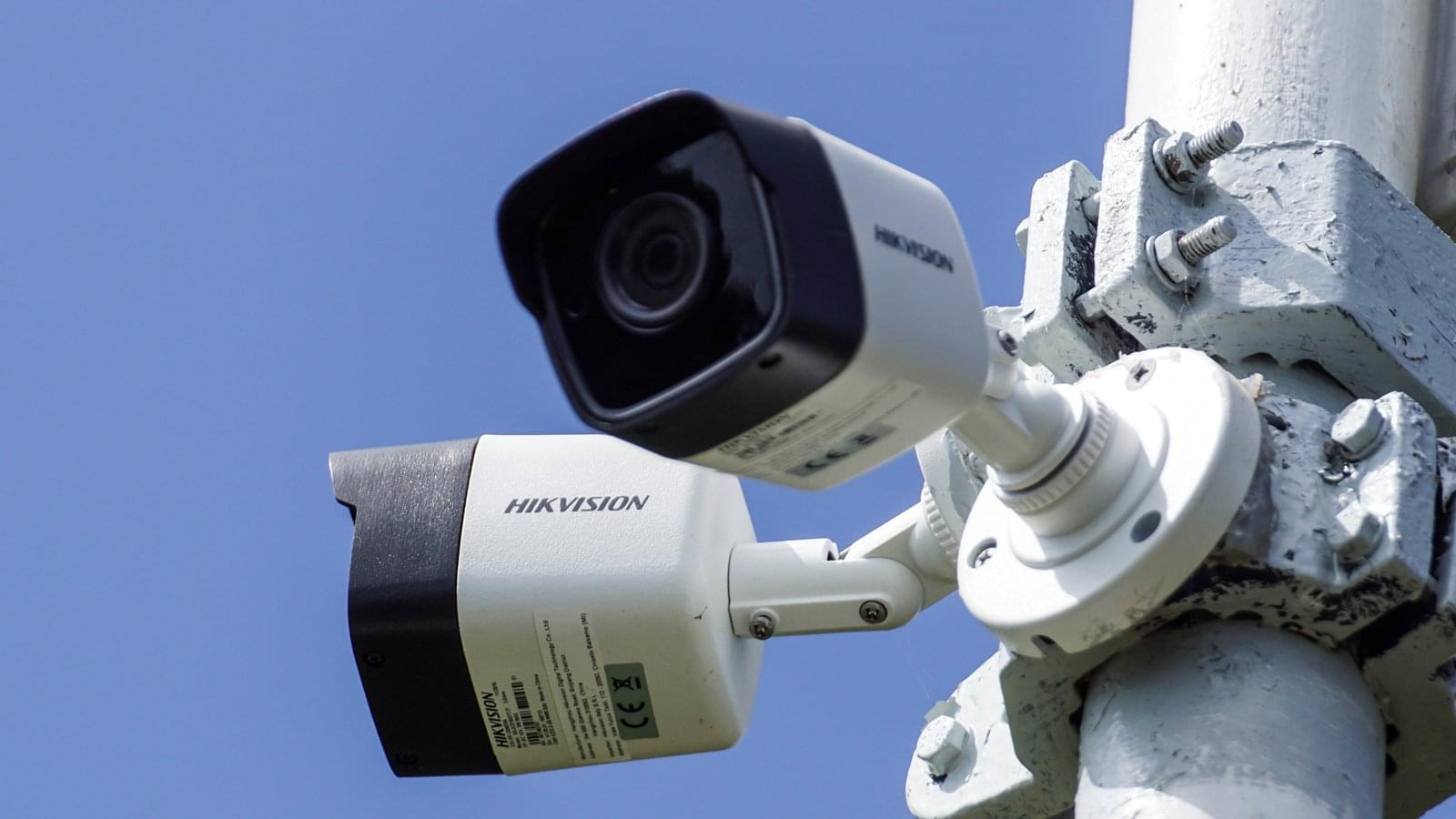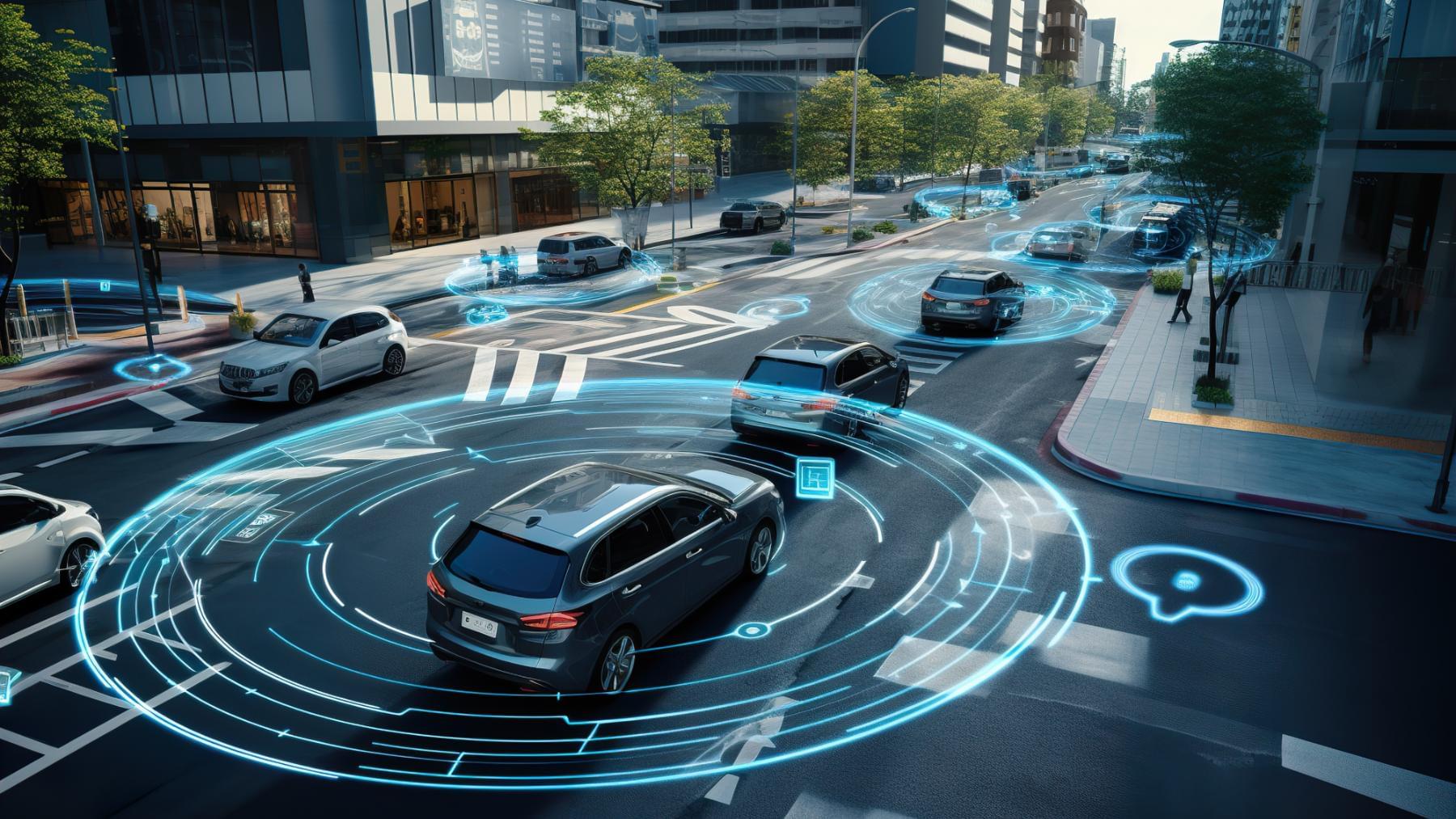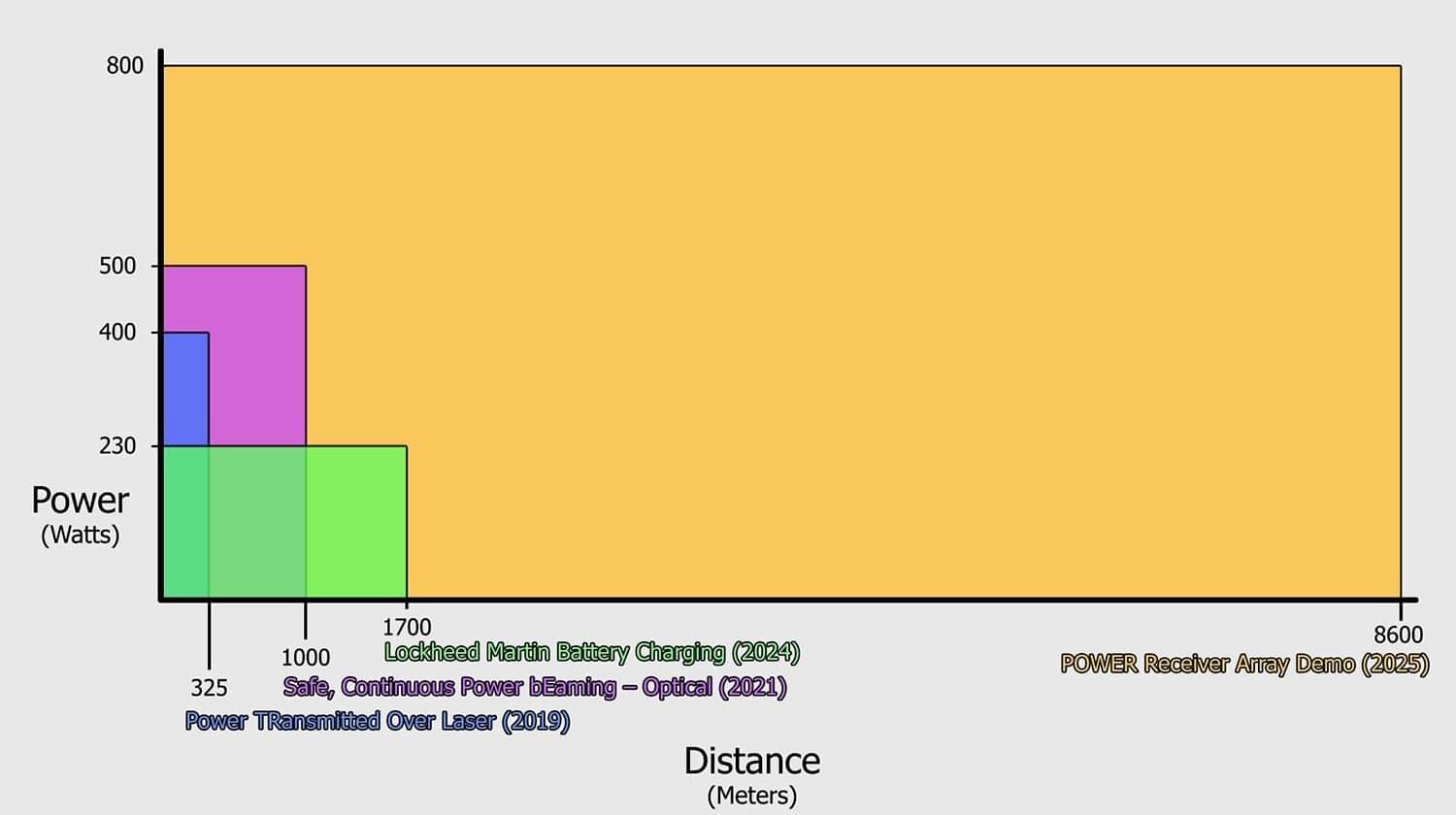The Space Renaissance 4 All Gallery (www.sr4allgallery.com) is an international initiative, to carry a Science-Technology-Art-Partnerships payload into lowEarth orbit, where it will circle the planet before returning for scientific study and public engagement. The Gallery is inside Nyx capsule of The Exploration Company that is scheduled to launch aboard a SpaceX Falcon 9 from Vandenberg Base, California on 22June 2025 23:15 CEST, orbit Earth, reenter the atmosphere and return intact — making its payload available for scientific and technical evaluation, museum exhibitions, and public outreach. It was initiated by LUNEX CEO and SRI President Prof. Bernard Foing (former ESA Chief Scientist and lead of first ESA lunar mission SMART1). “This is not just a technological mission. It is a Space Renaissance for All statement,” said Prof. Bernard Foing. “Together with MoonMars and our partners, we are creating a human-centric space future that carries our stories, our knowledge, and our spirit.”
“We have developed a space payload to celebrate the values and goals of SRI Space Renaissance, LUNEX and partners. It is using spare from ISS Expose astrobiology tray own 2009−2010” says Bernard Foing. “The gallery contains: Science samples from NASA Ames and Universities (astrobiology, soils and rocks from Earth, meteorites from Moon, Mars, asteroids); Artscience pieces from ArtMoonMars, MoonGallery, MoonMars Museum, SRI; a Digital library of documents, images and music; a Tribute to 40 partners of Space SDG18 and LUNEX.”
“It is really exciting, for us of Space Renaissance International, to see this beautiful program coming to its goal: reaching orbit and re-entering to Earth on a critical test mission! Space Renaissance 4 All was of great inspiration also during the 3rd National Congress of Space Renaissance Italia, that we celebrated a few days ago in Catanzaro, at the Magna Graecia University!! Thanks to all participants, to the Exploration Company and all the Sponsors of this fantastic venture into space! Long live to Space Renaissance, long live to Space Art and Space Artists!” says Adriano V. Autino, SRI CEO and Founder.








